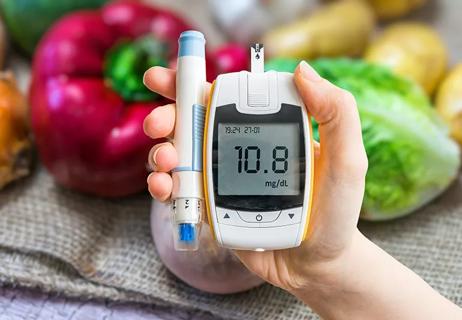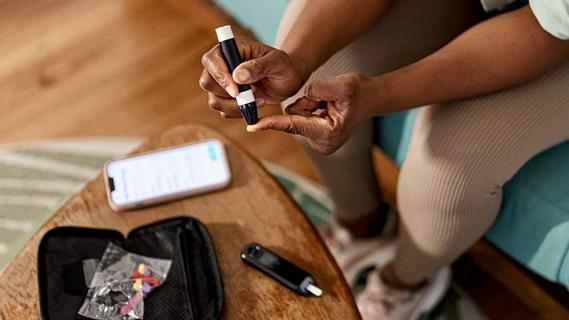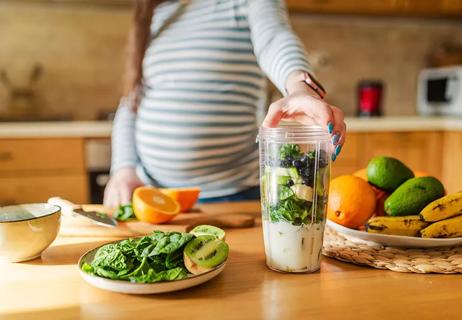Study: Skipping breakfast has impact on health

Growing up, your mother probably insisted that breakfast was the ‘most important meal of the day.’ And according to a recent study, mom may be right. Wellness expert, Michael Roizen, MD, explains.
Advertisement
Cleveland Clinic is a non-profit academic medical center. Advertising on our site helps support our mission. We do not endorse non-Cleveland Clinic products or services. Policy
The study looked at data on 96,175 people to see if skipping breakfast had an impact on their health.
“What they found, was that the more people skipped breakfast – the more days a week – the higher their risk of type 2 diabetes,” says Dr. Roizen, who did not take part in the study.
In fact, researchers found that just one day of skipping breakfast was associated with a 6% percent increased risk of developing type 2 diabetes in comparison with people who never skipped their morning meal.
And the risk rose with each additional day that breakfast was skipped – to as high as 55%– if a person skipped breakfast four to five days per week.
“It’s best to eat your carbs at breakfast because morning is when your body is the most insulin-sensitive,” says Dr. Roizen. “Think of breakfast as the new ‘dinner’ in order to avoid a spike in blood sugar later in the day.
To get the most out of your metabolism, Dr. Roizen recommends eating most of the day’s calories during the daylight hours and not late into the evening.
“Eat only when the sun is out or when the sun is supposed to be out,” he suggests. “Eat more early, eat less later and don’t stereotype food – you can eat ‘dinner’ food for breakfast.”
More than 100 million Americans are living with diabetes or pre-diabetes, according to the U.S. Centers for Disease Control and Prevention.
Advertisement
Advertisement
Learn more about our editorial process.
Advertisement

Study also finds reduced risk of death in people who had weight loss surgery

Type 1 diabetes happens when your body doesn’t make insulin, while Type 2 happens when your body can’t use insulin properly

Updated food label guidelines make it easier to track added sugars in your diet

Watch your diet, exercise regularly and get a blood glucose level screening early

The high-fat diet can be beneficial for those who have obesity or diabetes

Type 2 diabetes isn’t inevitable with these dietary changes

Early studies have linked the two, but more research is needed

Keto can reduce blood sugar, but that doesn’t mean it’s right for everyone

Type 2 diabetes isn’t inevitable with these dietary changes

Applying a hot or cold compress can help with pain